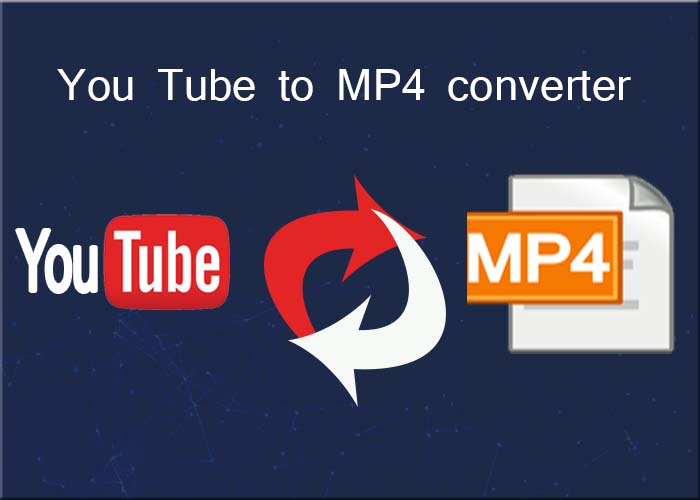And uses of World wide web.
The World Wide Web is simply a common area for exchanging information, facilitated by global computer networks— or the Internet. To access the Web, you need to connect to the Internet, and the Internet is actually the link between innumerable, independent servers, computers, and devices. The Web is the medium we use to access, edit, discover, and share information in a standard language (through links): HTML.
Many people use the words “Internet” and “the Web” these days interchangeably. While the two are inextricably linked, however, they are not one and the same. In that case, when you lose your internet connection, You will not be able to do much, and the words don’t really make a difference. Here, in this article, we are going to provide you with the difference between the Internet and the World Wide Web. So, Let’s start with it.
Different Between Internet vs World Wide Web

Internet vs World Wide Web
| Internet | World Wide Web |
|
Difference between internet and world wide web PDF The best thing about the internet is that there are all kinds of networks of different sizes are also available. So, one can easily have a computer network at your workplace, at your office, at your school, at your college, or even at your house. Under different configurations, these networks are often linked to each other, which is how you get groupings such as local area networks (LANs) and regional networks. Even, your mobile phone, like all the other electronic devices, is also on a network that is considered part of the Internet. So all these different networks — put together — make up the Internet. Also, the Internet is linked to satellites. |
The World Wide Web, On the other hand, is the device that we use to access the Internet. The Web is not the only system out there, but it is the most popular and widely used system. (Examples of ways of accessing the Internet without using HTTP include e-mail and instant messaging). The World Wide Web uses hypertext to access the different forms of information available on different networks around the world. Apart from this, with the help of the Web, people can share their ideas and thoughts throughout the world. We usually use browsers such as Google Chrome, Internet Explorer and Mozilla Firefox to access the Web. You can visit different websites and access other online content by using these browsers. |
| The Internet is made up of machines, hardware, and data | While the World Wide Web is what brings this technology to life. |
| – The Internet facilitates a wide range of device-specific connections and collaboration | Whereas, The World Wide Web is a subset of such connections, promoting websites and URIs. |
| The Internet is a comprehensive computer network that was developed by the ARPA (Advanced Research Projects Agency) in 1969. | Compared to the Internet, the World Wide Web is much newer and initialized during the 1990s. |
| It’s a global network that links millions of computers. There are over 3.5 billion internet users across the world. | There are more than 1,275,000,000 websites available on the World wide web. |
| The Internet consists of networks of computers, wireless networks, fiber-optic cables, and copper wires. | Whereas, the World wide web consists of Files, folders, and documents stored on various computers |
| This is the base, independent of the World Wide Web | The worldwide web totally depends on the internet to work. |
| There are a number of ways of accessing the internet. | Web browsers make the World Wide Web easy to access. |
| It is hardware in nature. | This is software in nature. |
The mobile app, links, and Data: Web vs Internet?
If you play games on your computer, check your email, or use mobile apps to read the morning paper and refresh your social profiles, you’re connecting to the Internet. However, there is a lack of links in most of these applications, and where links are used, they are often internal to the app rather than links to web pages. They aren’t HTML links.
What this implies is that much of the content that exists online is accessed by means other than the Web and therefore does not appear in Google’s index, at least not in the same way.
Overview
Basically, the Internet is a huge network that is open throughout the world to everyone and anywhere. The network consists of sub-networks consisting of a number of computers allowing the transmission of data in packets. The Internet is regulated by a set of rules, laws, and regulations, commonly referred to as the Internet Protocol (IP).
Sub-networks can range from security networks to academic networks to business networks to individual PCs. In general, the Internet provides information and resources in the form of email, chat, and file transfers. In addition to this, It also offers access to the World Wide Web and other web pages related to it.
The Internet and the World Wide Web (the Web) are not interchangeable, although they are used interchangeably. The Internet is the hardware part–it is a set of computer networks linked by either fiber optic cables, copper wires, or wireless connections, while the World Wide Web can be considered the software part–it is a series of web pages connected by hyperlinks and URLs. The World Wide Web, in short, is one of the Internet’s infrastructures.
Other Internet services include e-mail, chat, and file transfer services. All these programs can be made available to consumers for use by companies or governments or individuals who build their own networks or websites.
Another way of distinguishing between the two is to use the Protocol Suite, a set of laws and regulations regulating the Internet. While the Internet is governed by the Internet Protocol–specifically addressing data as a whole and its transmission in packets, the World Wide Web is governed by the HyperText Transfer Protocol (HTTP), which deals with the linking of the World Wide Web files, documents, and other resources.
uses of the World Wide Web
The followings are the main uses of the Internet and the World Wide Web.
- With the help of the World wide web, we can access information from anywhere and can also make friends from across the world.
- World Wide Web (WWW) is used for a variety of business purposes, including direct sales, advertising, customer support, etc.
- Visiting ‘virtual malls’ full of ‘virtual shops’ is already possible, browsing through catalogs and examining various products in great detail, all of the Web’s courtesy. All this was made possible by the multi-media capabilities offered by the Web.
- The World Wide Web seems to be a perfect forum for businesses trying to promote themselves and their goods. Using more conventional methods, setting up a site on the World Wide Web and thus offering instant access to millions of people around the world can be achieved at a small fraction of the cost.
World Wide Web Enables professional contact to be formed.
- Another use of the World Wide Web is that it helps to reduce the cost of divulgation.
- The unique feature of the World Wide Web is that it enables users to ‘ click ‘ on a word and is transported to a related website.
- World Wide Web has become the global media.
- The World Wide Web provides Rapid digital communication that can be used for various services.
- World Wide Web helps to exchange large volumes as well as qualified touch government.
Final words
Understanding the variations between the Internet and the World Wide Web is crucial to understanding the true working of search engines. Search engines are scanning websites on the World Wide Web and not other websites on the Internet.
The distinction between the Internet and the World Wide Web may not matter much of the time, but we’re really talking about web surfing when we’re talking about searching, and that means connections. Search engines are where people ask questions and get links to other web pages in return.





